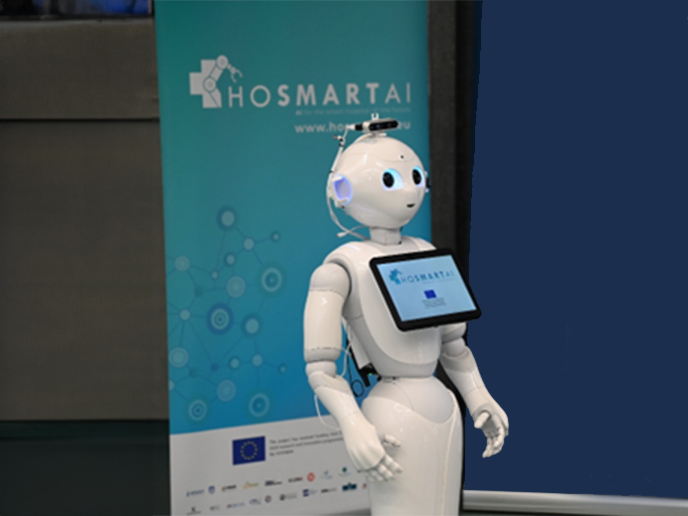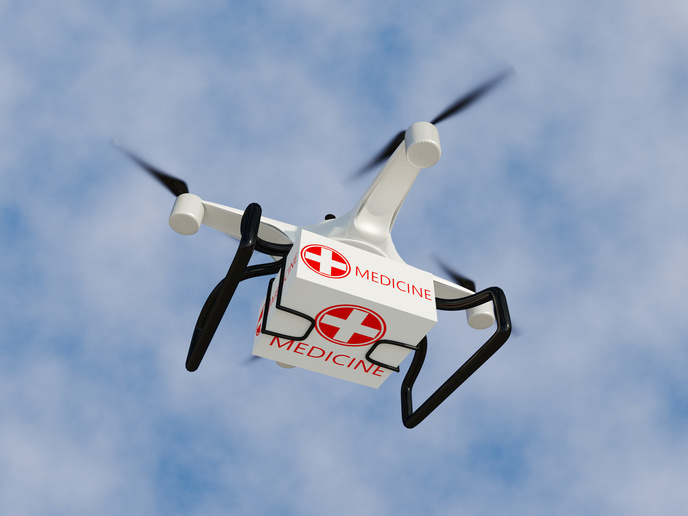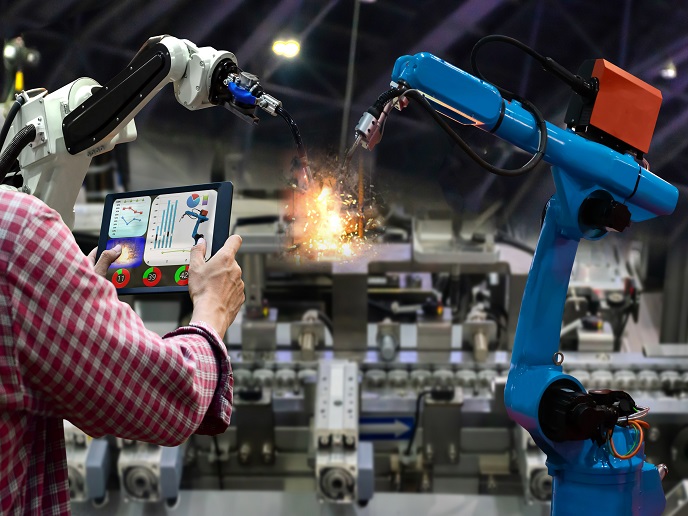Integrating AI and robotics for a smarter healthcare system
The healthcare sector is experiencing a significant transformation, driven by advancements in artificial intelligence (AI) and robotics. At the forefront of this change is the EU-funded HosmartAI project which aims to facilitate the integration of these digital technologies in European healthcare systems. The project designed an open digital platform with the necessary tools to support the development and small-scale experimentation of AI solutions and prototypes in healthcare. “AI and robotics can contribute to all stages of healthcare, from logistics to diagnosis, treatment, surgery and assistive care, leading to improved efficiency, better accuracy and new solutions. HosmartAI demonstrated that via its diverse pilots covering all the above stages and a variety of domains,” states Athanasios Poulakidas, HosmartAI project coordinator.
Building an innovative platform and testing large-scale pilots
The developed platform features a co-creation space, including AI and data management tools, a healthcare services ecosystem, benchmarking facilities and a marketplace. These were designed to support the co-development, exchange and rating of AI solutions. A crucial part of the project was the development of eight large-scale pilots for different medical aspects, such as cancer, gastrointestinal disorders, cardiovascular diseases and elderly care. They were successfully executed and validated in five hospitals, one care centre and one rehabilitation centre, involving 3 000 patients and 300 healthcare professionals. “The main results of the pilots include a suite of detection and diagnosis tools for gastrointestinal disorders, cardiovascular diseases and pregnancy; software that optimises radiotherapy sessions; a smart rehabilitation and therapy environment; a telesurgery prototype and image mapping tool for catheter ablation; robotic nurses for hospitals and care centres; a smart cath lab assistant; and a glioma analysis tool,” lists Poulakidas. The solutions developed in the pilots addressed pressing challenges that the healthcare sector faces, such as lack of human resources, the need for more efficient treatments, specialised procedures not accessible to all patients, an ageing workforce, overwork and administrative burden. Four other smaller pilots were successfully executed by non-members of HosmartAI, further demonstrating the relevance of the platform and other AI and robotics technologies.
Looking at the future of AI in healthcare
HosmartAI worked under the premise that co-construction with stakeholders and citizens is the only way to develop a viable healthcare system accepted by end users. To ensure this in the pilots, the project went through four sprints of co-creation with users, using living lab and agile methodologies. Both technical and clinical staff worked together in this approach to develop commonly agreed solutions. The project’s journey will continue to evolve based on its results. “We were fortunate to produce many exploitable outcomes, each of which will take the next step in their paths, whether through spin-offs, securing investment, commercialisation or further research. Follow-up research is already being carried out in other EU-funded projects, and we hope they replicate the teamwork that made HosmartAI such a success,” says Poulakidas. Reflecting on the future impact of AI and robotics in healthcare, Poulakidas explains: “Ideally, clinical professionals will view AI and robotics as valuable assistants to better address patient needs. These technologies will enable them to make more informed decisions, perform more precise operations, diagnose earlier, offer new treatments, serve a greater number of patients efficiently and much more.”
Keywords
HosmartAI, healthcare, robotics, hospitals, artificial intelligence







